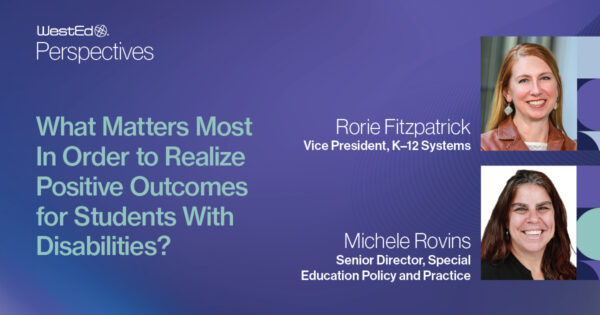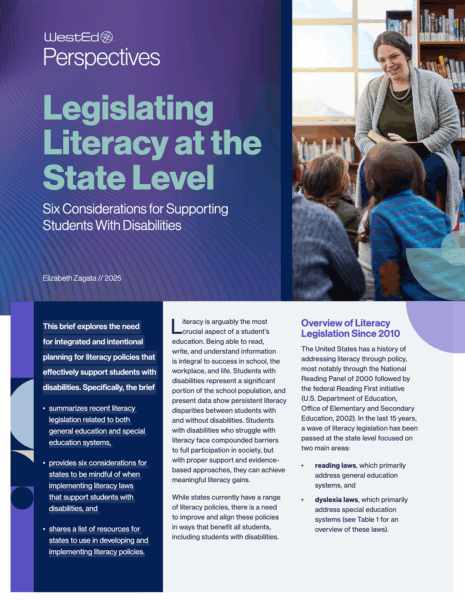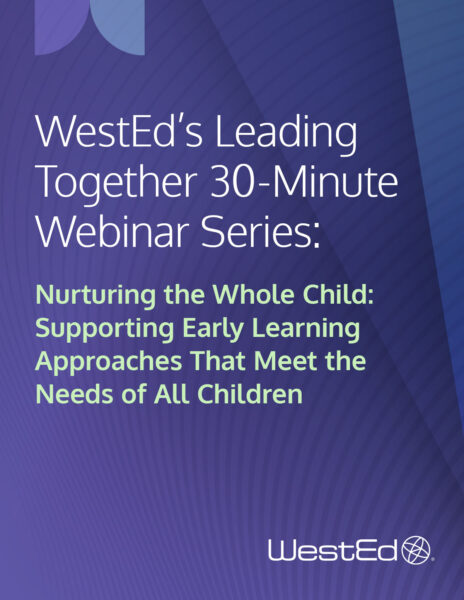
September 16, 2025
By Nicholas Gage
If educators want to see lasting gains in student learning—especially in reading—they can’t wait until students fall behind to offer support. The greatest impact happens when we strengthen Tier 1 instructional practices in a multi-tiered system of supports (MTSS).
Why Strong Tier 1 Practices Matter
An MTSS is a tiered framework that provides increasing levels of support to meet students’ academic, behavioral, and social–emotional needs.
In MTSS, Tier 1 is the foundation. It’s the instruction every student gets, every day. When that core instruction is high-quality, inclusive, and engaging, fewer students need extra help later. That means Tier 2 and Tier 3 supports can focus on the students who truly need them, while more learners succeed from the start.
Strong Tier 1 instruction utilizes strategies such as
- providing clear routines,
- presenting engaging lessons,
- checking for understanding in real time, and
- making sure every learner can access and participate in the content.
A District’s Multi-Tiered System of Supports Success Story
One Southern California school district, already several years into its MTSS journey, partnered with WestEd to help strengthen its system. As part of this work, WestEd introduced UFLI Foundations as a way to boost Tier 1 reading instruction for the district’s youngest learners. Developed by the University of Florida Literacy Institute, UFLI Foundations is a comprehensive structured literacy program designed for Tier 1 classroom instruction in kindergarten through 2nd grade.
It provides explicit, systematic instruction in phonological awareness, phonics, decoding, and fluency, with an emphasis on scaffolded routines, cumulative review, and plenty of practice. It reflects the latest research on how children learn to read and has been adopted by districts looking to align with evidence-based practices.
While its use is growing, rigorous evaluations of its effectiveness have been limited—making this district’s pilot an important opportunity to learn more.
Implementing UFLI Foundations in Tier 1 Classrooms
Before the 2024–25 school year, the district and WestEd designed an initial study to see whether implementing UFLI Foundations in Tier 1—and a companion small-group version in Tier 2—could help reverse stalled early reading progress. Out of 16 elementary schools, four were chosen to pilot UFLI Foundations based on low reading performance, willingness to participate, and principal buy-in. These schools replaced their previous universal curriculum, Wonders, with UFLI Foundations for K–2, while the other schools continued using Wonders.
All schools still received the same MTSS coaching and supports—the only difference was the K–2 literacy program. Teachers in the pilot schools were trained directly by UFLI staff and provided with the materials and ongoing support they needed for implementation.
Early Reading Gains From Stronger Tier 1 Practices
By the end of the year, students in UFLI Foundations classrooms showed stronger growth in key early literacy skills compared to their peers. Gains were especially notable for students who began the year below benchmark, suggesting that a strong Tier 1 approach can help close gaps before they widen.
The study concluded that UFLI Foundations may strengthen Tier 1 instruction by enhancing the core literacy curriculum for all students while reducing the number who need supplemental interventions. It also noted that these results are encouraging but preliminary—more research is needed to fully understand long-term impact.
Why Strengthening Tier 1 Is Essential for All Students
This district’s experience underscores an important truth: Strengthening Tier 1 benefits all learners. In this case, the participating schools served predominantly economically disadvantaged, racially and linguistically diverse students—yet the improvements suggest that with the right tools, training, and support, Tier 1 can deliver meaningful results for everyone. Continued investment in evidence-based Tier 1 practices is essential if districts are to close opportunity gaps and ensure every student has access to high-quality core instruction.
When we get Tier 1 right, we set the stage for fewer gaps, more growth, and a system where success is the norm—not the exception.
Partner With WestEd to Strengthen Your Tier 1 Practices
Want to explore how your district can strengthen Tier 1 instruction as part of a robust MTSS framework? Connect with our team to learn how we can support your efforts with research-based tools, customized coaching, and system-level strategies that drive student success.
About the Author
Nicholas Gage, PhD, is a Research Director in Special Education Policy and Practice at WestEd. He has extensive experience conducting and disseminating research and evaluation studies in education, with a focus on multi-tiered systems of support.







